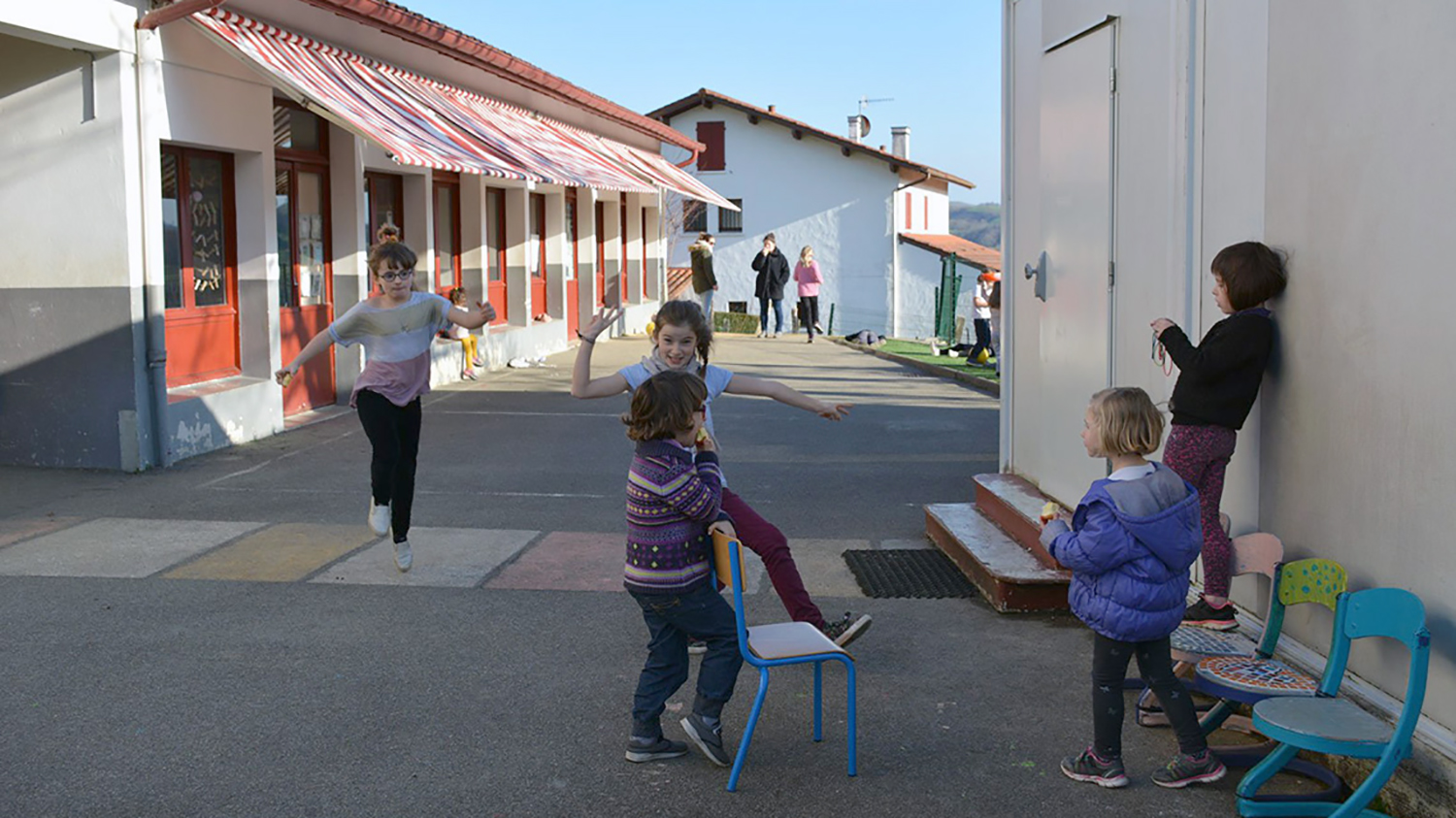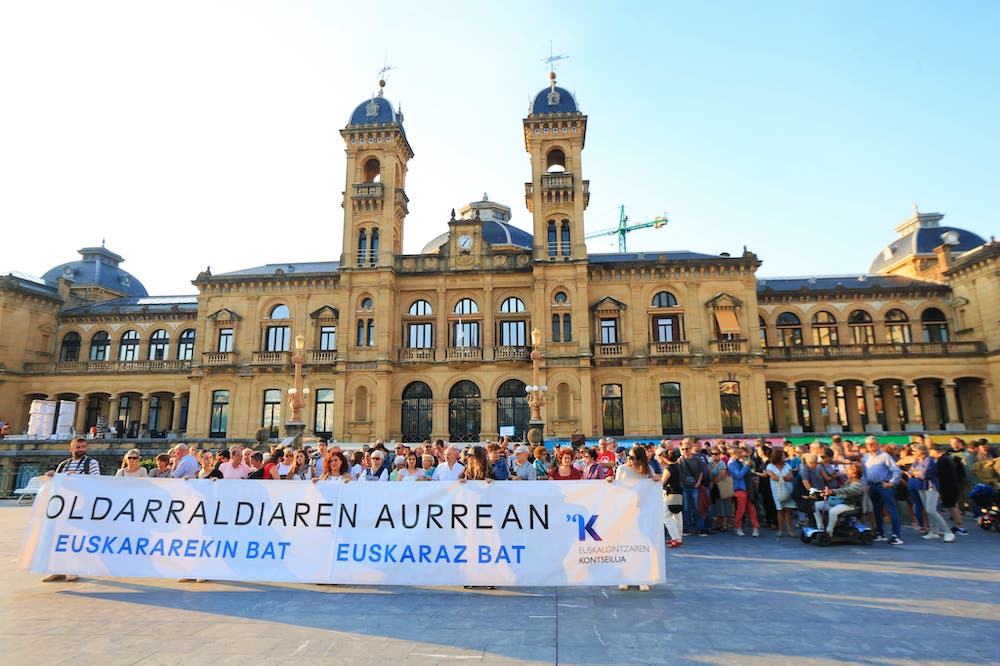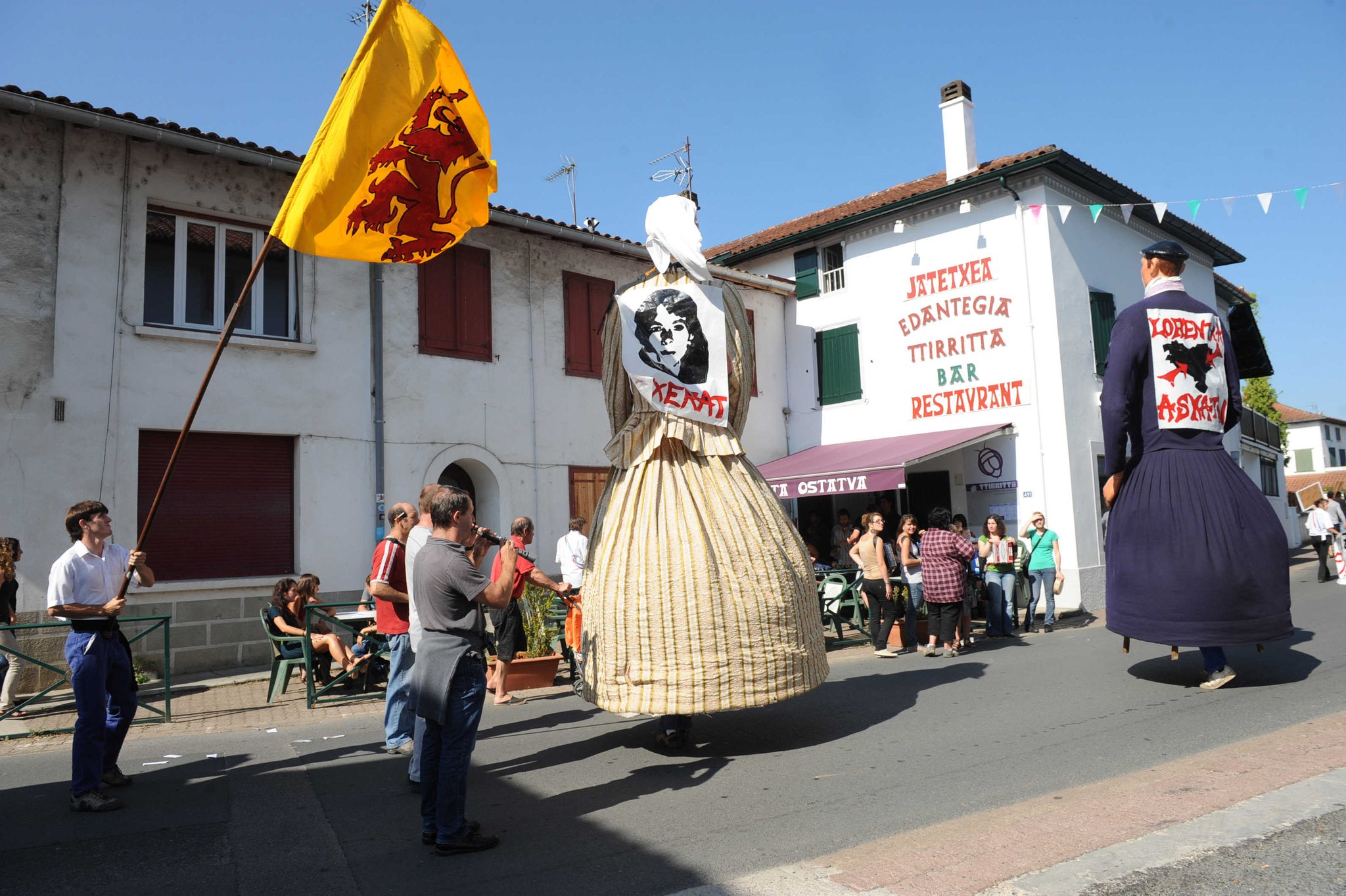The days of the Basque Country, because it is not a question of encouraging the use of the goat
- In Hernani they are not different, there too the social use of the Basque country moves between the peoples. On 3 December, Basque Day, there will be no miracle, but the fact that the Basque is an official day has its value. On the return of December 3, the Hernaniards decided to organize the Basque Day more than the Basque Day.
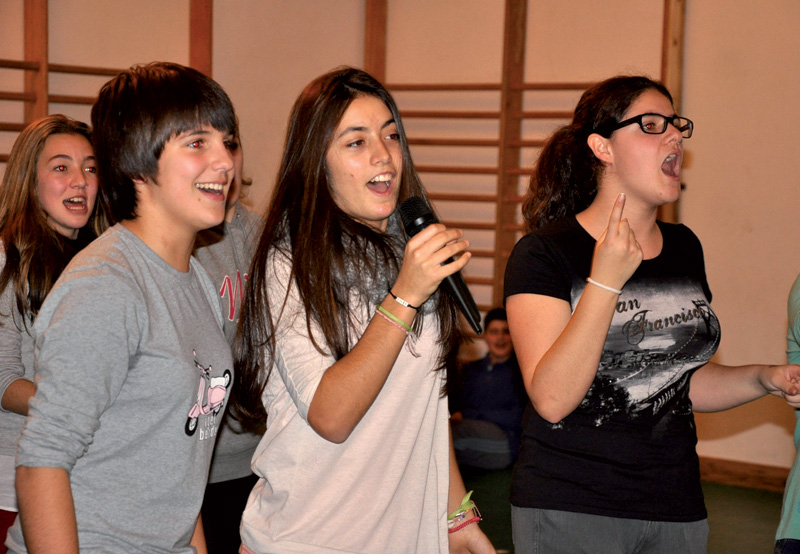
About 20,000 people live in Hernani (Gipuzkoa). In the last 20 years, important steps have been taken in the knowledge of the Basque country. 60% of the population is Euskaldun and 20% are able to understand Euskera. The Basque Country has gained strength in several areas, such as the internal and external work of the City Hall, associations and teaching. However, there is so much strength in what is known as the informal use of Spanish in street use, friendly, familiar... The reasons are a thousand and complex; habits of use of one language or another, comfort, ignorance of the linguistic habits of each...
The main objective of the Basque Country Eguna in Hernani is to promote the social use of language, knowing that it is not easy to face this challenge.
The fact that the Basque country takes the streets, families and peñas is not an objective from one day to the next, is not something that is achieved with a temporary intervention. The mentalities, beliefs and behaviors of the speakers are involved and a broad and active participation is necessary to influence them. According to the organizers of Euskararen Eguna, social movements, associations, public institutions and citizenship of the locality are aware of the situation and, therefore, it is essential to start working.
Initiatives to promote social use must be sustainable and sustainable. In other words, from the point of view of the agents of Hernani, it is essential that the efforts be feasible and shared, both in terms of resources (simple initiatives and organized by the public) and in terms of time (giving continuity each year).
Since the beginning of the year, work has been done on the issue of social use and in this context it was decided to organize something for 3 December. Following the philosophy we have just outlined, a large number of agents have joined this work: Association of Friends Berria, Association of Euskera Dobera, AEK Euskaltegia, Udal Euskaltegia, BanaizBagara Elkartea, Elizatxo ikastola, Langile ikastola, Inmakulada Ikastetxea, Hernani Institutua, Service of Euskera del Ayuntamiento,
Linguistic tour
During the season tours of all colors have been put: tours to show the historical heritage; feminist tours to make visible the history of women; gastronomic tours that put the belly to dance... In Hernani, through the linguistic tour, the losses and advances of the Basque Country will be analyzed, for which they will stop in five or six places and give explanations. The narrator will lead a journey of an hour and a half, in which each stop will be narrated by the people who lived that time. In one of those stops, the subject will be the school. The programme will deal with the punishing school of the twentieth century, the innovative school of Agustín Iturriaga, the time of the Republic, the education of Franco and, of course, the creation of the ikastolas. They will also talk about the Floral Games, Olerti Day, with José Ariztimuño Aitzol. After the war of 1936, the review will be carried out to the movements that, although humble, worked in an atmosphere of prohibition and repression. Another of the stops of the programme will analyse the impact of immigration from a cultural and linguistic point of view.
After Franco's death there was a revolt in Hernani, as in a thousand other villages. Cultural groups began to be created, night classes, ikastolas, taking steps to euskaldunize the administration. The guides will extend the story until the end of the 20th century and will talk about the environment of then: the creation of Basque associations, the normalization of Euskera in different areas, etc.
The Linguistic Tour aims to raise public awareness of the journey that has been made to reach the current situation. Hernani was a totally Basque people, and then he almost lost his language. They want to make known the causes of the loss and the efforts that have been made to get out of this situation, with names and surnames. And above all, let young people know that the citizens committed themselves to recovering the endangered language and realize that the recovery process has not ended.
Hamabost minutuko hiru elkarrizketa txanda izango dira eta txanda bakoitzean gai baten inguruan arituko dira lau lagun. Euskaltegian euskara ikasten ari direnentzat da, ikasten aritu eta erabiltzen ez dutenentzat, lotsa ematen dietenentzat, hitz egiteko aukerarik ez dutenentzat. Hiztun horiek euskara dakitenekin elkartuko dira mahai-inguruan. Euskaltegi barruan egiten den lana kalera ateratzeko modu bat da Mintzodromoa, eta era berean, euskal komunitatearekin loturarik ez duten herritarrekin zubi lana egin dezan nahi dute antolatzaileek.
Azaroak 30: Irekiera ekitaldia. Ondoren, Euskaraz bizi nahi dut lasterketa, Euskararen Kontseiluarekin elkarlanean antolatuta.
Abenduak 1: Tour linguistikoa. XX. mendean nagusiki, Hernanin euskarak izan dituen ahulgune eta indarguneen azalpenak.
Abenduak 2, 3 eta 4: Ikastetxeetako ospakizunak. Biteri kultur etxea irekita egongo da eta gaztetxoek egindako apaingarri eta film laburrak eskainiko dira.
Abenduak 5: Mintzodromoa.
Abenduak 6: Kale antzerkia
Nafarroa Beherean, Aiherrako 'Beltzegitea' etxean kokatuko da Eguzkilore haurtzain-etxe berria. Euskara, natura eta motrizitate librea oinarri harturik, heldu den apirilean hasiko dira zerbitzua eskaintzen.
To be honest, I don't know why I'm writing this. In today’s hostile environment, opinions of this kind are not well received. Perhaps LUZ will not publish this because it does not correspond to the opinions they have published so far (but if they have finally decided to publish... [+]
We Basques move our feet behind the witness of Korrika to proclaim that we want to survive as a Basque people in favor of our language, with the aim of the Basque Country we desire.
The tipi-tapa is the first step taken by a migrant person who leaves his homeland in Africa,... [+]









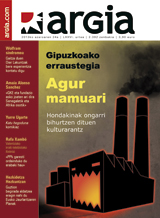


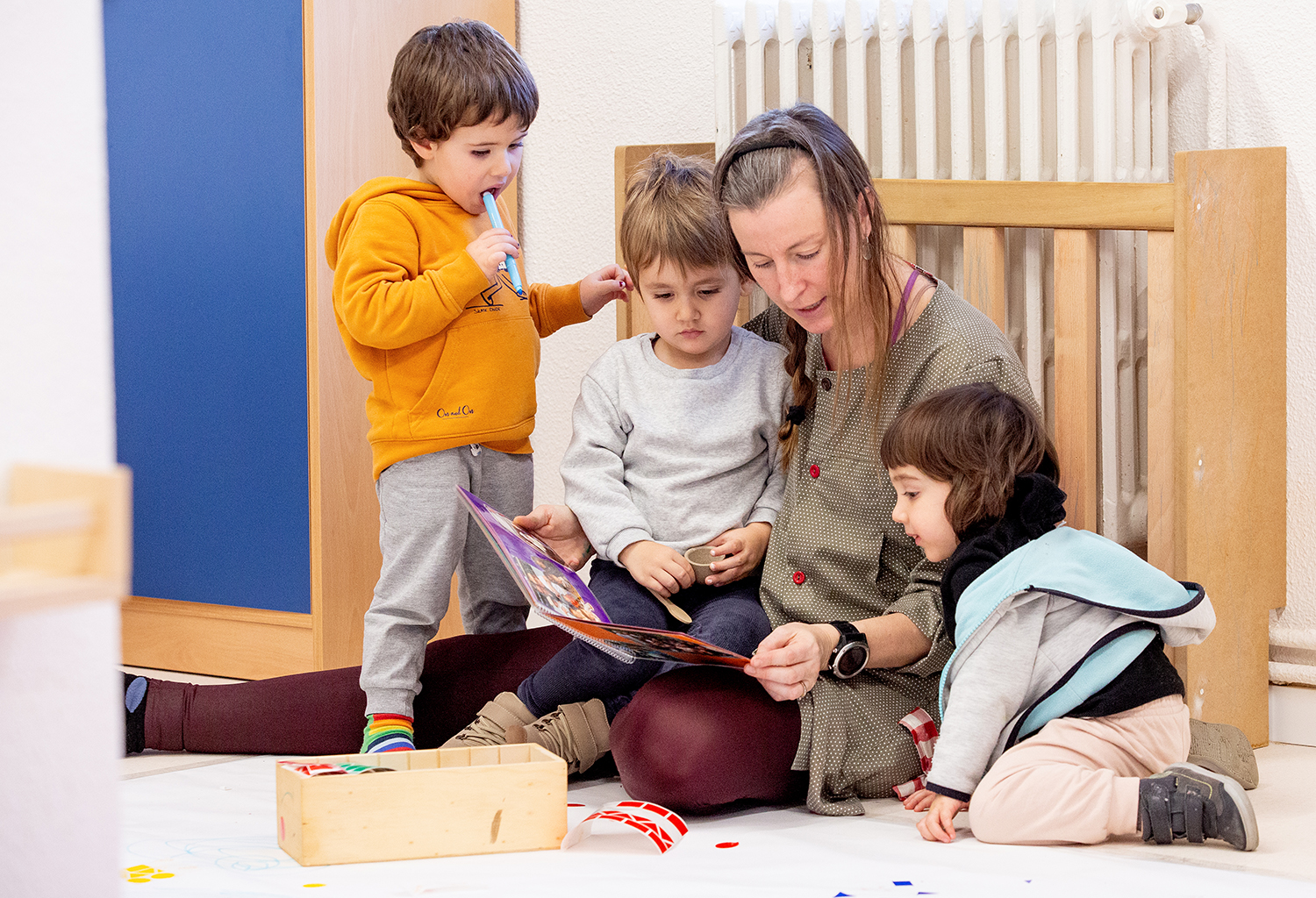
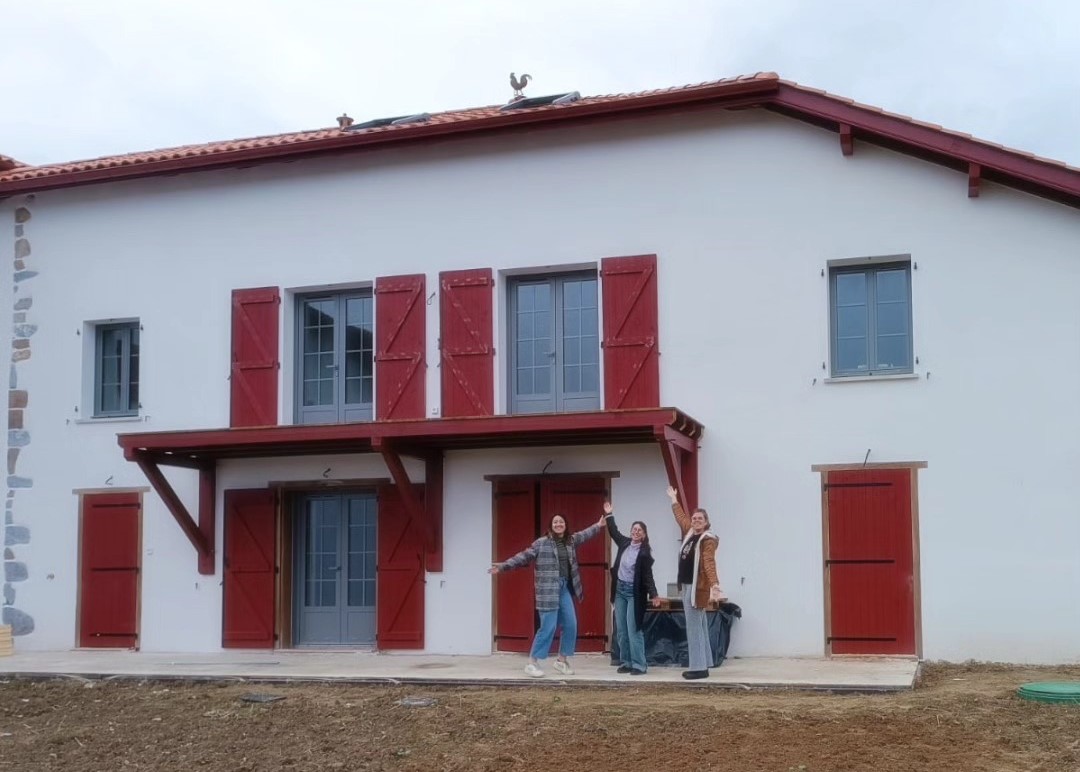

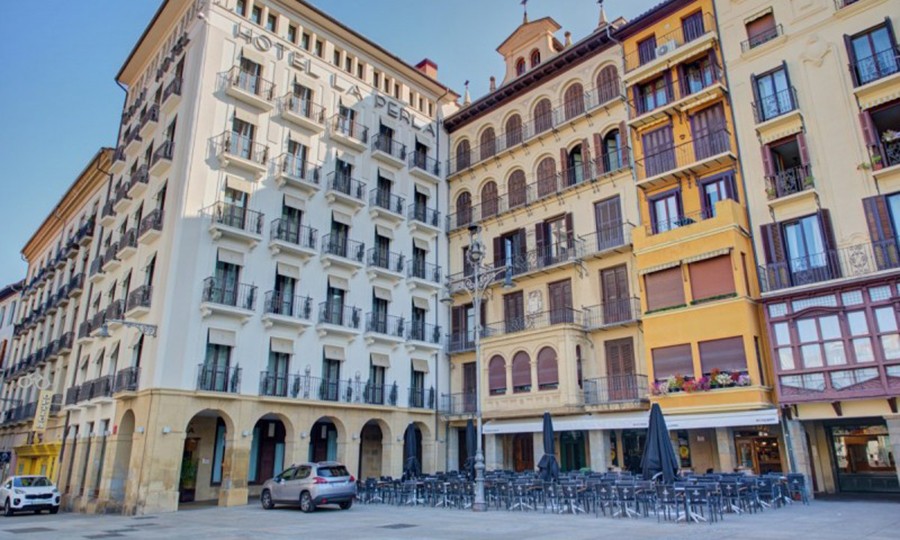

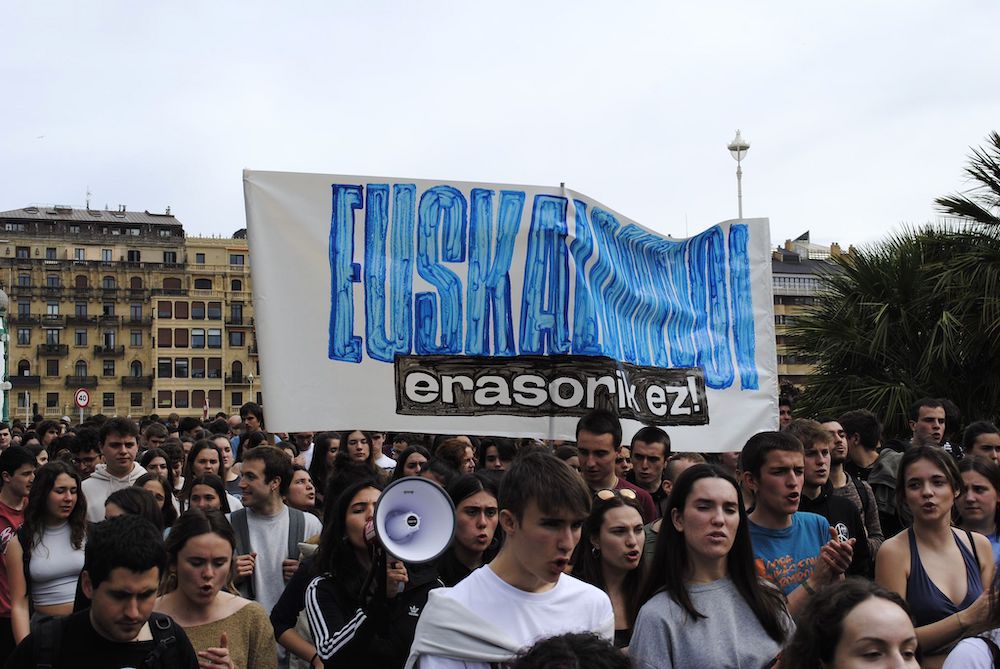
.jpg)

